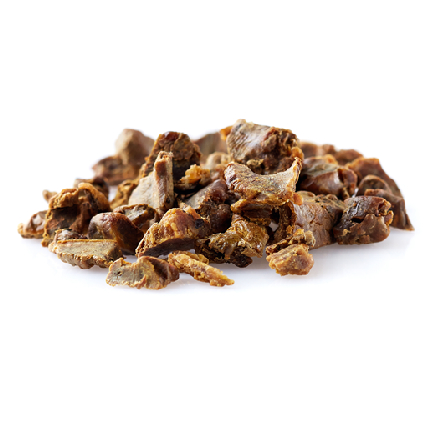
Background
Propolis seems to help fight against bacteria, viruses, and fungi. It might also have anti-inflammatory effects and help skin heal. Propolis is rarely available in its pure form. It's usually obtained from beehives.
People commonly use propolis for diabetes, cold sores, and swelling and sores inside the mouth. It's also used for burns, canker sores, genital herpes, and many other conditions, but there is no good scientific evidence to support these uses. There is also no good evidence to support using propolis for COVID-19.
Safety Safety definitions
When applied to the skin: Propolis is possibly safe when used appropriately. It can cause allergic reactions, especially in people who are allergic to other bee products.
Special Precautions & Warnings:
Pregnancy: There isn't enough reliable information to know if propolis is safe to use when pregnant. Stay on the safe side and avoid use.Breast-feeding: Propolis is possibly safe when taken by mouth while breastfeeding. Doses of 300 mg daily for up to 10 months have been used safely. Stay on the safe side and avoid higher doses when breast-feeding.
Bleeding conditions: A certain chemical in propolis might slow blood clotting. Taking propolis might increase the risk of bleeding in people with bleeding disorders.
Allergies: Some propolis products might be contaminated with bee byproducts. Use propolis with caution if you are allergic to bee byproducts.
Surgery: A certain chemical in propolis might slow blood clotting. Taking propolis might increase the risk of bleeding during and after surgery. Stop taking propolis 2 weeks before surgery.
Effectiveness
- Diabetes. Taking propolis by mouth seems to improve blood sugar control by a small amount in people with diabetes. But it doesn't seem to affect insulin levels or improve insulin resistance.
- Cold sores (herpes labialis). Applying an ointment or cream containing 0.5% to 3% propolis five times daily might help cold sores to heal faster and reduce pain.
- Swelling (inflammation) and sores inside the mouth (oral mucositis). Taking propolis by mouth or rinsing the mouth with a propolis mouth rinse helps heal sores caused by cancer drugs.
Dosing & administration
Interactions with pharmaceuticals
Medications changed by the liver (Cytochrome P450 1A2 (CYP1A2) substrates)
Interaction Rating=Moderate Be cautious with this combination.
Some medications are changed and broken down by the liver. Propolis might change how quickly the liver breaks down these medications. This could change the effects and side effects of these medications.
Medications changed by the liver (Cytochrome P450 2C19 (CYP2C19) substrates)
Interaction Rating=Moderate Be cautious with this combination.
Some medications are changed and broken down by the liver. Propolis might change how quickly the liver breaks down these medications. This could change the effects and side effects of these medications.
Medications changed by the liver (Cytochrome P450 2C9 (CYP2C9) substrates)
Interaction Rating=Moderate Be cautious with this combination.
Some medications are changed and broken down by the liver. Propolis might change how quickly the liver breaks down these medications. This could change the effects and side effects of these medications.
Medications changed by the liver (Cytochrome P450 2D6 (CYP2D6) substrates)
Interaction Rating=Moderate Be cautious with this combination.
Some medications are changed and broken down by the liver. Propolis might change how quickly the liver breaks down these medications. This could change the effects and side effects of these medications.
Medications changed by the liver (Cytochrome P450 2E1 (CYP2E1) substrates)
Interaction Rating=Moderate Be cautious with this combination.
Some medications are changed and broken down by the liver. Propolis might change how quickly the liver breaks down these medications. This could change the effects and side effects of these medications.
Medications changed by the liver (Cytochrome P450 3A4 (CYP3A4) substrates)
Interaction Rating=Moderate Be cautious with this combination.
Some medications are changed and broken down by the liver. Propolis might change how quickly the liver breaks down these medications. This could change the effects and side effects of these medications.
Medications that slow blood clotting (Anticoagulant / Antiplatelet drugs)
Interaction Rating=Moderate Be cautious with this combination.
Propolis might slow blood clotting. Taking propolis along with medications that also slow blood clotting might increase the risk of bruising and bleeding.
Warfarin (Coumadin)
Interaction Rating=Moderate Be cautious with this combination.
Warfarin is used to slow blood clotting. Propolis might decrease the effects of warfarin. This might increase the risk of clotting.


